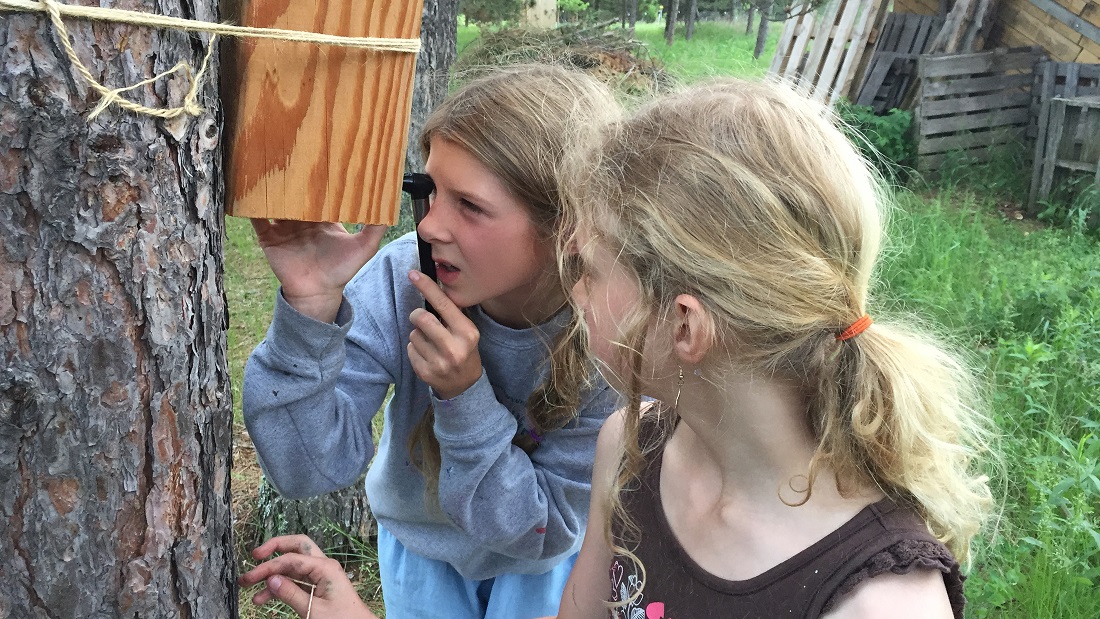Editor’s Choice: Getting meta with the data. This study examines learning as well as pre- and post- attitudes of college biology students who participate in, what I’d term “deep” inquiry-based learning. The college students were not only assigned to analyze a species’ potential response to climate change using citizen science phenology data, but also to formally evaluate the validity of citizen science datasets. In the process, students gained real-world, critically-engaged experience with the challenges as well as the opportunities of working with large-scale datasets collected by citizen scientists. I’d say, hire these students as your lab and field technicians! — AWA —
Abstract: A common feature of many citizen science projects is the collection of data by unpaid contributors with the expectation that the data will be used in research. Here we report a teaching strategy that combined citizen science with inquiry-based learning to offer first year university students an authentic research experience. A six-year partnership with the Australian phenology citizen science program ClimateWatch has enabled biology students from the University of Western Australia to contribute phenological data on plants and animals, and to conduct the first research on unvalidated species datasets contributed by public and university participants. Students wrote scientific articles on their findings, peer-reviewed each other’s work and the best articles were published online in a student journal. Surveys of more than 1500 students showed that their environmental engagement increased significantly after participating in data collection and data analysis. However, only 31% of students agreed with the statement that “data collected by citizen scientists are reliable” at the end of the project, whereas the rate of agreement was initially 79%. This change in perception was likely due to students discovering erroneous records when they mapped data points and analysed submitted photographs. A positive consequence was that students subsequently reported being more careful to avoid errors in their own data collection, and making greater efforts to contribute records that were useful for future scientific research. Evaluation of our project has shown that by embedding a research process within citizen science participation, university students are given cause to improve their contributions to environmental datasets. If true for citizen scientists in general, enabling participants as well as scientists to analyse data could enhance data quality, and so address a key constraint of broad-scale citizen science programs.
Source: Mitchell N., Triska M., Liberatore A., Ashcroft L., Weatherill R., Longnecker N., 2017. Benefits and challenges of incorporating citizen science into university education. PLoS ONE12(11): e0186285. DOI: https://doi.org/10.1371/journal.pone.0186285
